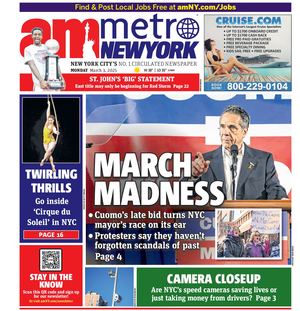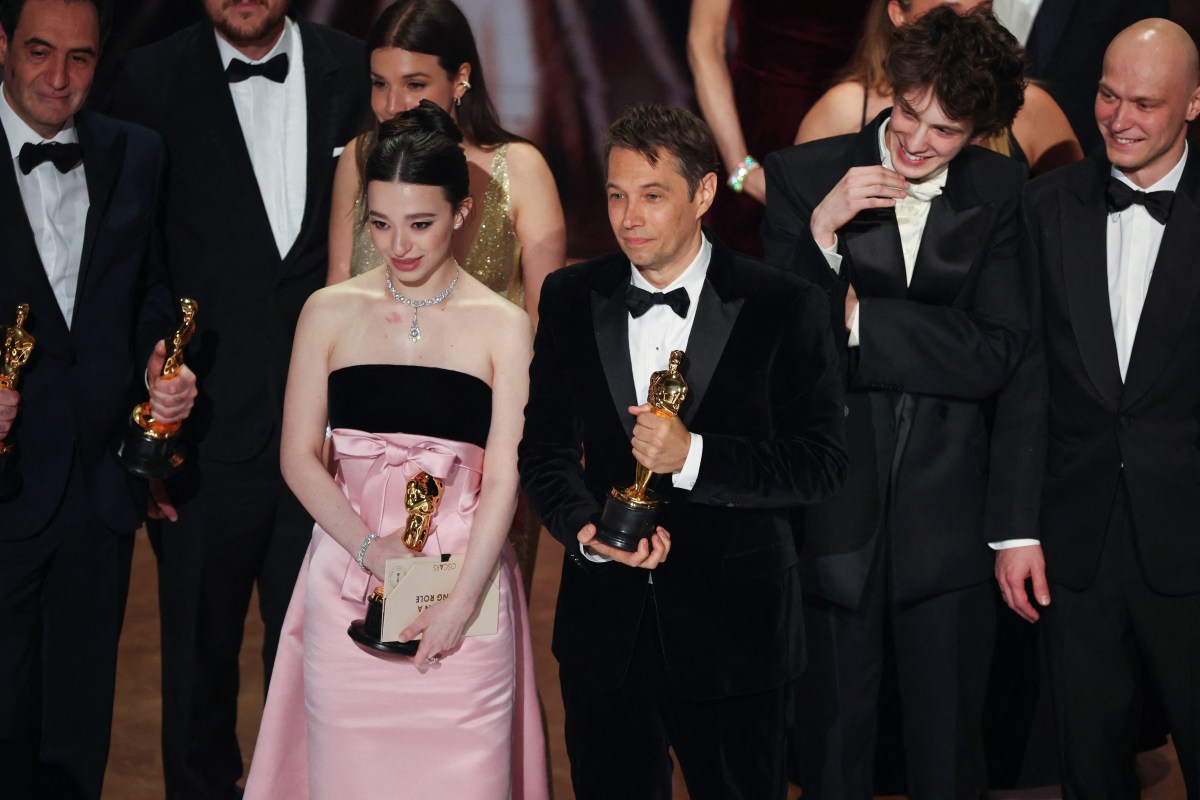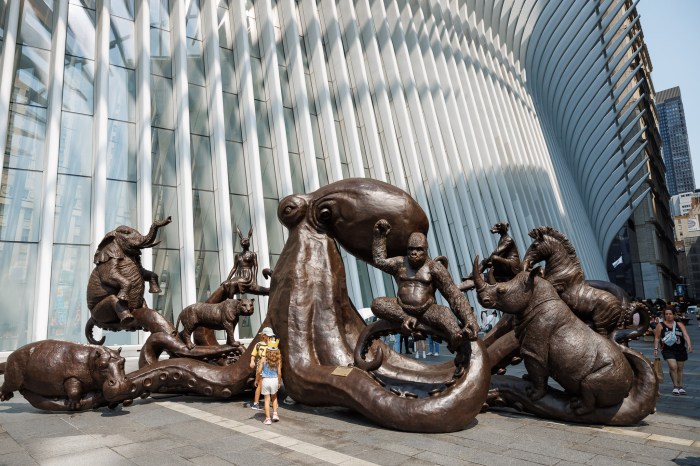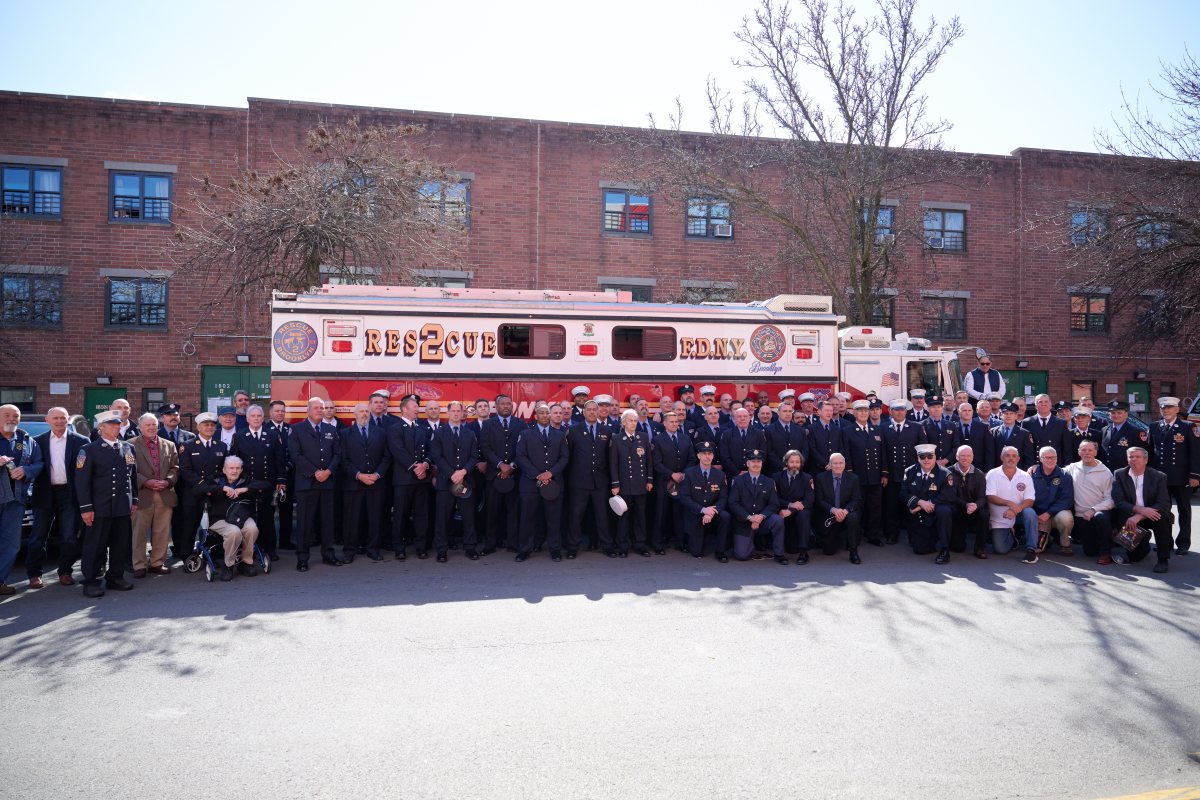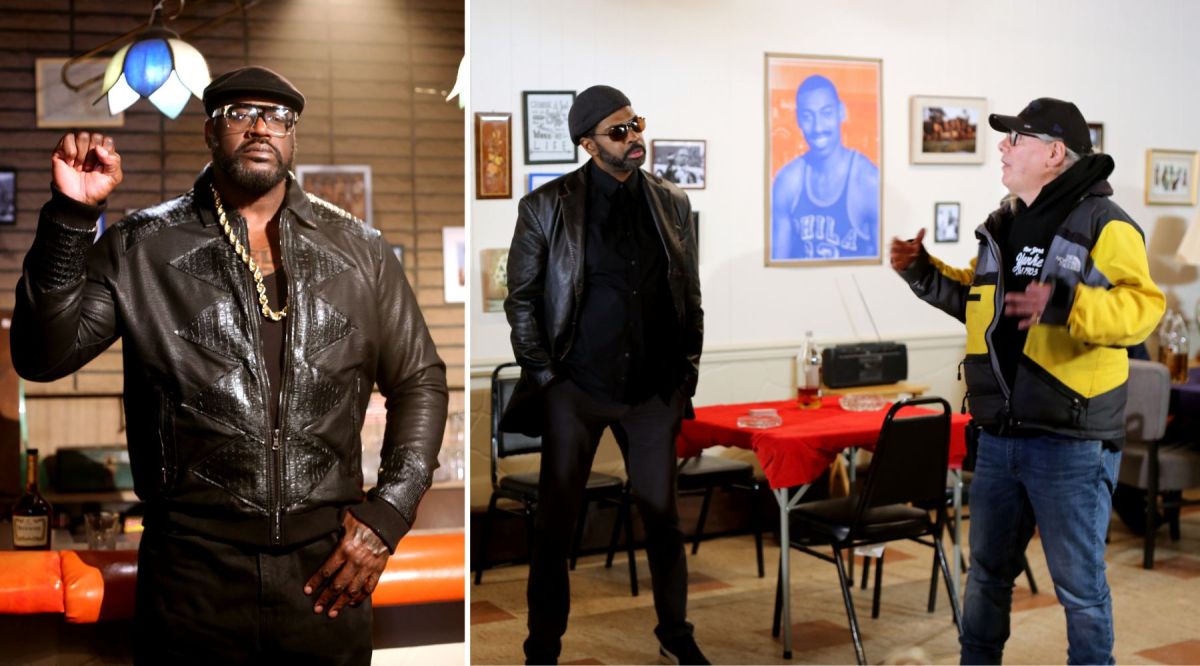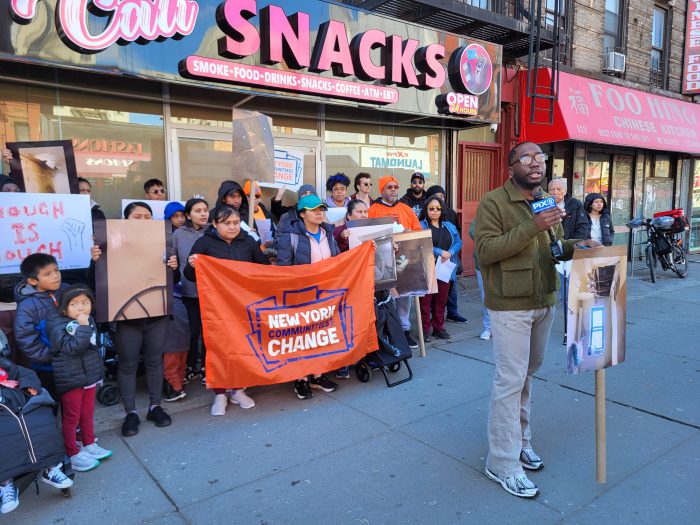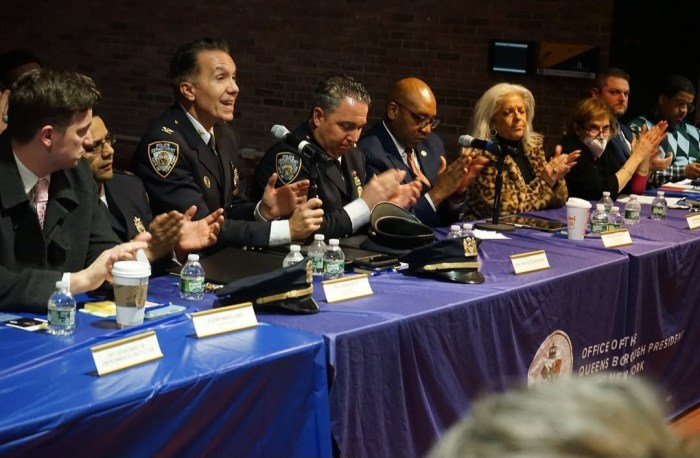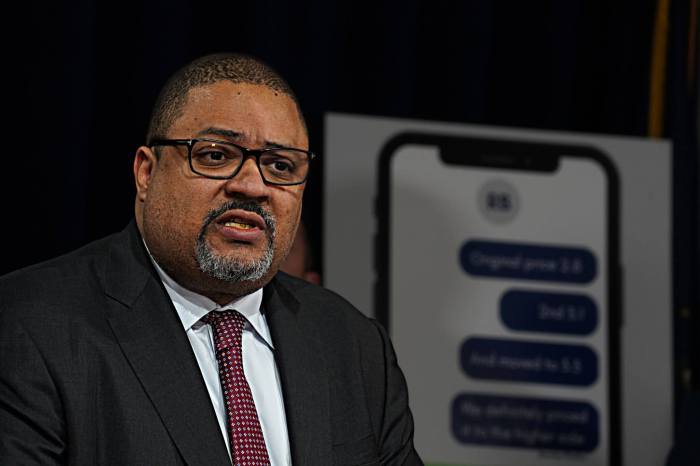He’s a superhero for our times.
Marvel Comics’ Black Panther, the first black hero in mainstream American comics, inspired a generation of fans who were thrilled to see a person of color take on Doctor Doom and fight alongside Thor as an Avenger.
Tomorrow, two such fans — acclaimed writer Ta-Nehisi Coates and artist Brian Stelfreeze — will bring their expertise in revamping the hero to shelves.
The first issue of their comic book series is expected to be a modern-day adventure drawing heavily on struggles that minorities currently face.
Stelfreeze said he, along with colorist Laura Martin and Coates mixed the character’s rich history with the sentiment from minority communities to come up with a storyline that entertains and informs all audiences.
“It’s taking the character back to his absolute roots and then building up from there,” Stelfreeze told amNewYork. “I want to strip the character down and build it up from there.”
Black Panther has intellect that rivals other science-based superheroes like Iron Man, and the strength and fighting skills akin to Captain America. He used those powers to fight everything from international criminals to aliens in his solo comics and as a member of the Avengers.
Introduced in 1966 by Stan Lee and Jack Kirby, before the political group of the same name was born, the character’s alter ego, T’Challa, was the king of a fictional African nation called Wakanda. The country avoided colonization due to technological advancements it developed after an alien meteor crashed there.
In the new comic, T’Challa has to deal with political fallout from various disasters and a rise in clashes between his constituents.
The first page shows a bloody Black Panther looking at Wakanda’s youth fighting with armed soldiers, mirroring “Black Lives Matter” protests.
“Even though it’s fantasy, it’s fantasy that rings a lot more truthful,” Stelfreeze said. “When you have that, I think the suspension of disbelief hovers a lot longer.”
Marvel editor-in-chief Axel Alonso said the company was interested in working with Coates long before he won the 2015 National Book Award for Nonfiction, because he showed skill in balancing the comic book elements with the real life politics that the comic will address.
“This isn’t a problem that he can just punch and kick into submission. It’s going to take something much more and I think that’s what the meat on the bones of the story is,” he said.
John Jennings, co-founder of the annual black comic book festival at the Schomburg Center in Harlem, said Marvel always found a way to make the hero cool for all audiences and that in turn helped audiences worldwide appreciate black culture.
“It is science fiction that looks through an African-American lens,” he said.
New York fans said they are excited for the new take on the character because the storylines that act as allegories for real-life struggles resonate the most with them.
“If [Black Panther] sees injustices, he has to say something, do something, or address it in some form,” said Alvar Puckerin, 24, of Crown Heights, as he shopped for comics at Forbidden Planet in Greenwich Village.
Sierra Deas, 22, of Prospect-Lefferts Gardens, said she hasn’t read any of Coates’ previous works, but was thrilled that such a high-profile black writer was behind the book. She predicted he would do the character justice.
“I like Black Panther … but I’ve never seen him in the spotlight,” she said. “He’s an awesome supporting character, but never had a good lead.”
The spotlight will continue in May when Black Panther makes his film debut in “Captain America: Civil War,” played by Chadwick Boseman. He will also have his own movie in 2018.
Jennings, who is also a comic book illustrator, said the attention on Black Panther and other minority heroes getting film and TV adaptations, like Luke Cage and the Falcon, will help give work by minority artists its proper respect.
It could also push future minority talent to give comics a shot, he added.
“There is a huge interest in black culture and black comic books,” he said. “Black Panther will be a catalyst for more people to explore this arena.” (with Katherine Barner)
